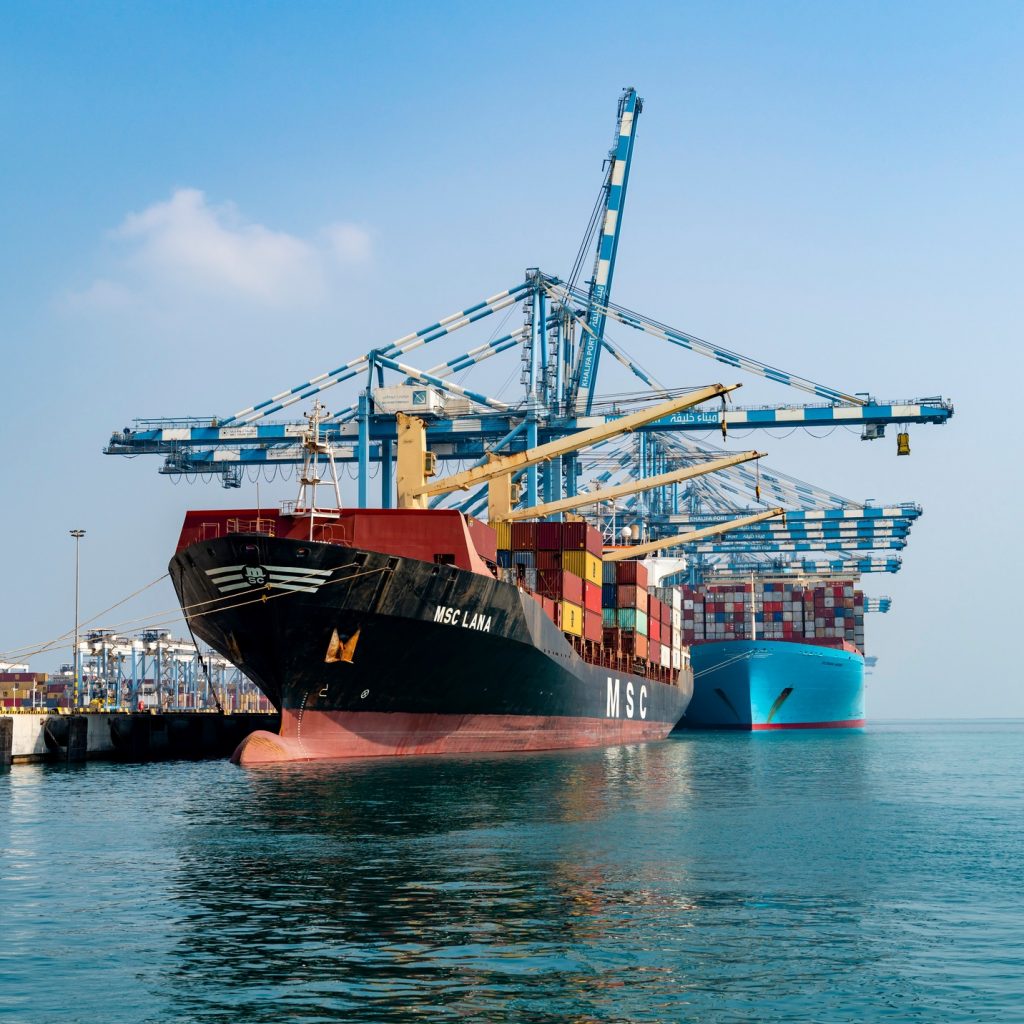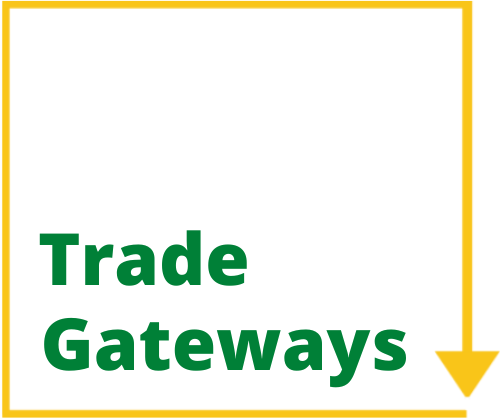TradeGateways.com
Local Logistics Partner Network Across Regional Trade Gateways
Helping To Create A Digital Trade Super Highway And Pave the way for MLETR
Latest News: Tradekey Becomes a B2B Marketplace in the Programme. Click here for more...
The Trade Gateways Network
The Trade Gateways Network is operated by Local Merchant Services, (LMS) in co-operation with significant partners. LMS have been providing Local Merchant Services since 2017. Services are centrally provided to Trade Gateways in the Network by a partnership with IBM.
The Digital Trade Gateways Network are analogous to a Strategic Road Network Super Highway. Strategic road networks are significant roads used for the distribution of goods and services. They provide real and direct economic benefits. One Road on its own leads nowhere. A road network is required to make significant journeys. In a similar way, a Regional Trade Gateway Network can help facilitate Trade.
Over 250 Trade Gateways are operated and wholly owned by the programme including Nashville.Trade and Brexit.Trade, where individual Regional Trade Gateways in the Countries the UK has a Trade Deal with, are being featured for Local Execution of Transactions done at Brexit.Trade, which will be fully operational from February 2023


White Paper And Team
The TRADE GATEWAYS White Paper including details of the team
can be seen here
The Programme
The TRADE GATEWAYS Programme help connects Regional And Industry Trade Gateways that assist to Digitize Trade, thereby seeding Trade Digitization, and helping to pave the way for MLETR. Regional Trade Gateways are operated from the Trade Names for their Geographic Locations
The Programme features co-operation with institutions in the provision of Trade Services to the Trade Gateways Featured in the Programme, which facilitates Cargo Release Facilitation. This can assist customers to eliminate manual processes and remove any need for physical exchanges of paper documentation. This can lead to a reduction in the overall process time of over 98%. They also facilitate Trade Finance.
Logistics Partners And MLETR
The TRADE GATEWAYS Programme is partnering with a major Logistics Group in the operation of the Trade Gateways.Individual Regional Trade Gateways are being linked to the relevant Offices of the Logistics Group.
LMS is providing the requisite Trade Digitization infrastructure to include tools for parties in the supply chain to issue trade documents, for those documents to be signed and verified online.
The Trade Gateways are also aligned to the requirements of the United Nations Model Law of Electronic Transferable Records (MLETR) which is helping put a Global legal framework in place for Digital Trade.


Logistics And Digital Trade Documents Facilitation Services
Each Trade Gateway Provides a Range of Logistics Services necessary for Trade, as well as tools to enable the Digital Generation of:
Transferable documents: i.e. Trade documents that entitle the holder to claim the performance of an obligation or ownership (e.g. bills of lading, bills of exchange, etc.) and the provision of tools to be able to track and transfer ownership of the trade document, and :
Normal documents/Verifiable documents:, i.e. Trade documents that can be verified for authenticity but do not confer ownership (e.g. invoices, packing list, certificate of origin, etc.)
The TRADE GATEWAYS Programme is helping pave the way for MLETR. Please see Video on MLETR below
Video on Electronic Bills Of Lading
Provision Of Infrastructure For Trade Digitization Facilitated by Local Digital Trade Gateways
Each transaction is treated on a case by case basis, but a general scenario is one as detailed below:
TRANSACTION
1. Buyer sees the offer at the transactional site that is part of the TRADE GATEWAYS Programme, and agrees to buy from a Seller. The parties agree an equivalence between control of an electronic transferrable record and possession of a transferrable paper document or instrument.
2. Buyer makes the order and the trade invoice is generated by the seller on the TRADE GATEWAYS Platform.
3. The parties agree that an Electronic letter of credit will be utilized in the transaction. The parties also agree on the Logistics Company to be utilized, who are part of the TRADE GATEWAYS Programme.
EXECUTION
